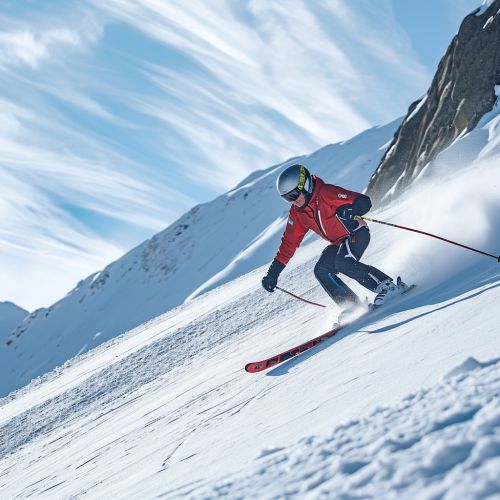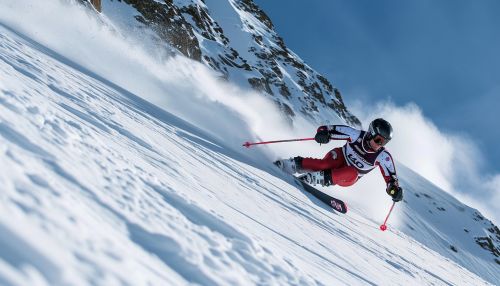FIS Alpine World Ski Championships
Overview
The FIS Alpine World Ski Championships are organized by the FIS, the world's highest governing body for international winter sports. Held biennially, these championships represent the pinnacle of competitive alpine skiing, drawing athletes from around the globe to compete in downhill, super-G, giant slalom, slalom, and combined events.


History
The inaugural FIS Alpine World Ski Championships took place in 1931 in Mürren, Switzerland. Initially, the championships were held annually, but since 1948, they have been conducted every two years. The event has evolved significantly over the decades, with the introduction of new disciplines and changes in competition formats.
Disciplines
The FIS Alpine World Ski Championships feature five main disciplines: downhill, super-G, giant slalom, slalom, and combined. Each discipline requires a unique set of skills and strategies, making the championships a comprehensive test of a skier's abilities.
Downhill
Downhill is the fastest discipline in alpine skiing. Skiers must navigate a course marked by gates, with the goal of achieving the fastest time. The discipline requires a combination of speed, strength, agility, and precision.
Super-G
Super-G, or super giant slalom, is a speed discipline like downhill, but it features more turns and requires more technical skill. The course is shorter than that of the downhill event, but the number of gates is greater.
Giant Slalom
In the giant slalom, skiers must navigate a course with a larger number of gates placed closer together than in the super-G. This discipline requires a high level of technical skill, as well as agility and quick reflexes.
Slalom
The slalom is the most technical discipline in alpine skiing. The course is marked by closely spaced gates that skiers must navigate in the quickest time possible. The discipline requires exceptional agility, precision, and quick decision-making skills.
Combined
The combined event features one run of downhill or super-G and one run of slalom. The skier with the fastest combined time is the winner. This discipline requires a combination of speed and technical skill, making it a comprehensive test of a skier's abilities.
Venues
The FIS Alpine World Ski Championships have been held at various venues around the world. Some of the most notable include St. Moritz, Switzerland; Kitzbühel, Austria; and Cortina d'Ampezzo, Italy. Each venue presents unique challenges and conditions, adding to the complexity and excitement of the championships.
Notable Athletes
Over the years, the FIS Alpine World Ski Championships have seen many notable athletes. These include Ingemar Stenmark, who holds the record for the most World Cup wins, and Lindsey Vonn, who is one of the most successful female skiers in history.
